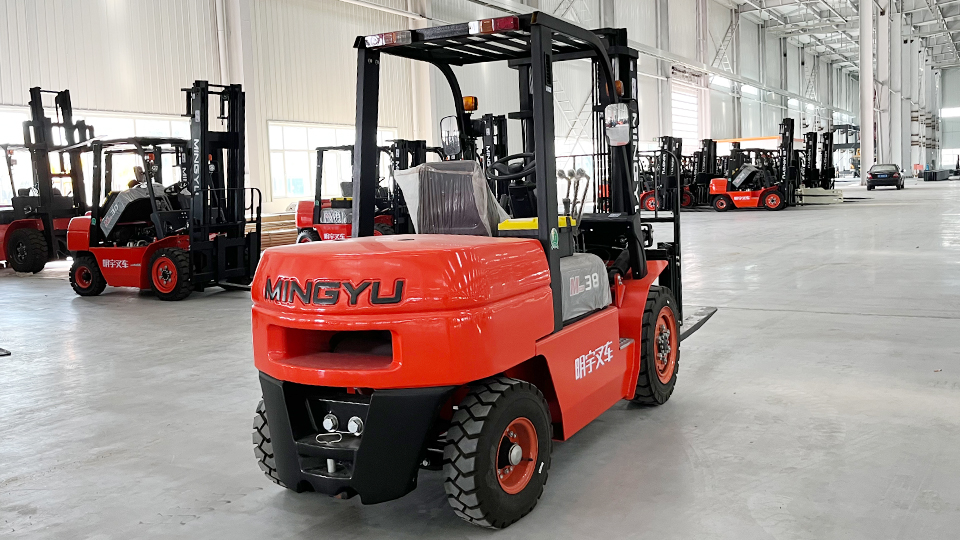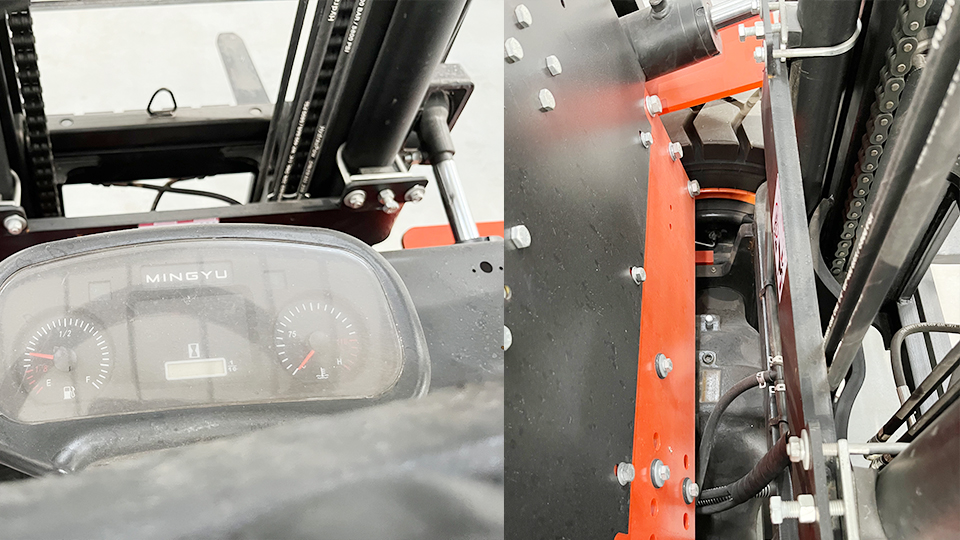
Introduction
In the world of heavy machinery, precision and clarity in communication are paramount. However, there's a peculiar phenomenon that often puzzles newcomers and veterans alike: the use of the term "hello" instead of "forklift." This seemingly odd substitution has its roots in a combination of historical practices, safety protocols, and the evolution of industry communication. This article delves into the origins, practical applications, and cultural significance of this unique terminology.
Historical Context
The use of "hello" as a substitute for "forklift" can be traced back to the early days of industrial operations when clear and concise communication was crucial for safety. In noisy environments, where machinery roared and workers wore heavy protective gear, verbal communication was often challenging. The term "hello" emerged as a simple, easily recognizable word that could be heard and understood even in the most cacophonous settings.
Safety Protocols
One of the primary reasons for using "hello" instead of "forklift" is rooted in safety protocols. In many industrial settings, operators are required to announce their presence and movements to ensure the safety of workers on the ground. The word "hello" is short, easy to pronounce, and easily distinguishable from other common terms used in construction and manufacturing. This makes it an ideal choice for quick and effective communication.

Practical Applications
In practice, the term "hello" is used in several specific scenarios:
Announcing Presence: When a forklift operator enters a new area or approaches a blind corner, they might call out "hello" to alert nearby workers of their presence.
Starting and Stopping: Operators often use "hello" to indicate when they are starting or stopping the machine, especially in areas with limited visibility.
Load Handling: When lifting or moving heavy loads, operators might use "hello" to signal the start and end of the operation, ensuring that all workers are aware of the movement.
Cultural Significance
The use of "hello" has also become a cultural norm in certain industries. It is a tradition that has been passed down through generations of workers and has become a part of the everyday language used on construction sites and in warehouses. This terminology is not just a practical tool but also a symbol of the shared experiences and camaraderie among workers.
Industry Standards and Best Practices
While the use of "hello" is not a universal standard, it is widely recognized and accepted in many industrial settings. Training programs often include lessons on effective communication, emphasizing the importance of clear and concise language. The term "hello" fits well within these guidelines, making it a preferred choice for many operators.

Modern Alternatives and Technological Advancements
With the advent of modern technology, some workplaces have adopted more sophisticated communication systems. Two-way radios, headsets, and even smart devices are increasingly used to facilitate communication between operators and ground crew. However, the term "hello" remains a fallback option in situations where technology is not available or when quick, verbal communication is necessary.
Conclusion
The use of "hello" instead of "forklift" is a testament to the ingenuity and adaptability of workers in demanding industrial environments. It is a simple yet effective solution that has stood the test of time. While modern technology offers new ways to communicate, the term "hello" continues to play a vital role in ensuring safety and efficiency on the job site. Understanding its origins and practical applications provides valuable insight into the rich history and evolving practices of the industry.
Name: selena
Mobile:+86-13176910558
Tel:+86-0535-2090977
Whatsapp:8613181602336
Email:vip@mingyuforklift.com
Add:Xiaqiu Town, Laizhou, Yantai City, Shandong Province, China